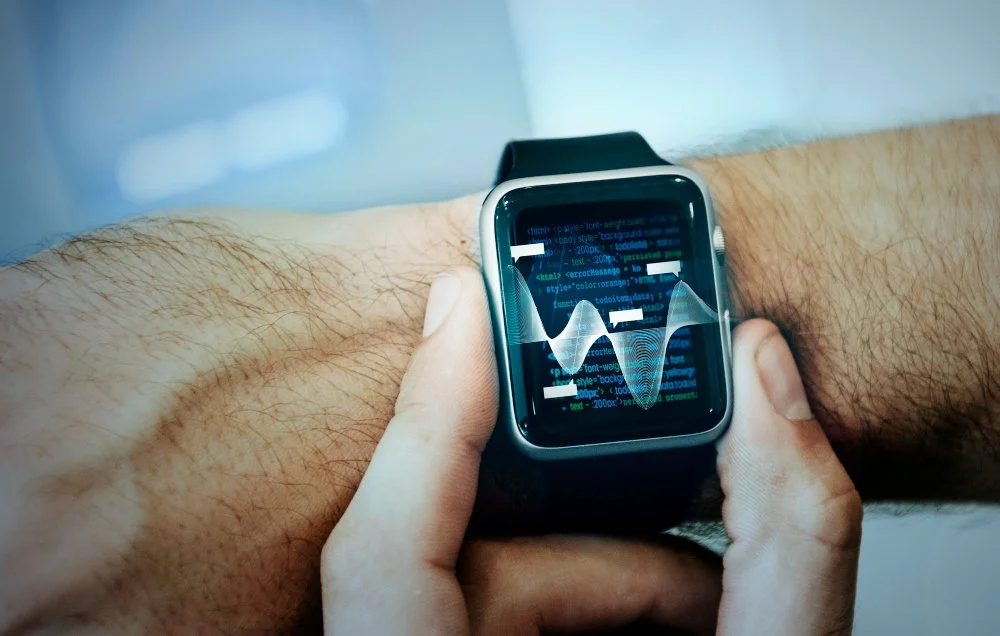
Treatments
Why Rethink AFib?
Modern treatment options can help restore a healthy heart rhythm, reduce risks, and bring balance back to your life. Many patients are told to simply manage their symptoms, but today’s advanced therapies offer lasting solutions — not just temporary control.
Rethinking AFib means focusing on the root cause, not just the symptoms. For many patients, modern interventional treatments can lead to freedom from AFib, improved energy, a lower risk of stroke, and a better quality of life. Our team is dedicated to achieving the best outcomes with a focus on safety, comfort, and smooth recovery.
We take the time to explain your options clearly, review the evidence, and set honest expectations so you can make confident, informed decisions about your care. If you’ve ever been told to simply live with AFib, getting a second opinion could open the door to new and hopeful possibilities.

Medication Management
Medications are often the first step in managing AFib, helping control heart rate and rhythm while reducing stroke risk. Common options include blood thinners, rate-control medicines, and rhythm-control drugs. While medications can ease symptoms, they may not always prevent AFib episodes or address its underlying cause. Some patients may also experience side effects or need frequent adjustments to their prescription. Still, for many, medications provide effective symptom relief and protection against complications. Your doctor will carefully tailor a treatment plan that balances benefits with safety, often in combination with other AFib therapies if needed.

AFib Ablation
Catheter ablation is a minimally invasive procedure that targets the areas of the heart responsible for irregular electrical signals. By restoring a more natural rhythm, many patients experience long-term relief from AFib symptoms such as fatigue, palpitations, and shortness of breath. Unlike medications that often manage symptoms, ablation addresses the root cause of the irregular heartbeat. Recovery is usually quick, and many people can return to normal activities within a few days. For suitable candidates, ablation offers a chance to reduce or eliminate the need for ongoing medication. It’s a proven option for patients who want a lasting solution to AFib.

Watchman™ Device
The Watchman™ device is a small implant designed to reduce the risk of stroke in people with AFib who are not caused by heart valve problems. It works by closing off the left atrial appendage, where harmful blood clots often form. This means patients may no longer need long-term blood thinners, which can carry bleeding risks. The procedure is minimally invasive and typically requires only a short hospital stay. Over time, the heart tissue grows around the device, offering permanent protection. For patients who cannot tolerate or prefer not to take blood thinners, the Watchman™ device provides peace of mind and a safe alternative.
Learn more about the Watchman
Long-term Success
- Medication: Variable
- Ablation: 70–80%
- Watchman: 95% stroke prevention
Daily Medication
- Medication: Often lifelong
- Ablation: Often reduced or stopped
- Watchman: Blood thinners may be stopped
Symptom Relief
- Medication: Symptoms may persist
- Ablation: Often improved
- Watchman: Reduced bleeding risk
Recovery Time
- Medication: —
- Ablation: Days–weeks
- Watchman: 1–2 days
